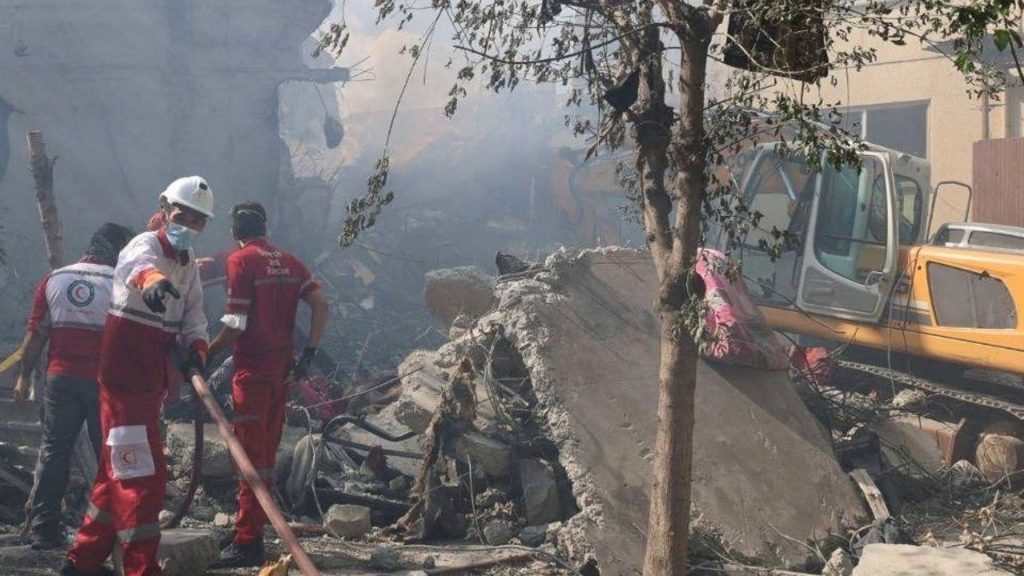Iran, Israeli airstrikes subside as US negotiations with Tehran are paused

A wave of retaliatory strikes between Israel and Iran subsided Saturday, June 14, following an opening Israeli salvo that struck Tehran’s nuclear and military installations a day prior. The strikes have put on hold negotiations between Iran and the U.S. over Tehran’s nuclear program.
Israel, Iran launch strikes
Israel confirmed Friday, June 13, that it carried out airstrikes on Iran’s Natanz nuclear facility as part of a broader attack involving more than 200 fighter jets. The military said that dozens of Iranian radar sites and missile launchers were also destroyed.
In response, Tehran launched a series of strikes on Jerusalem, which injured at least 34 people. The Israel Defense Forces (IDF) said that Iran fired fewer than 100 rockets during the attack. Israel’s Iron Dome shot down most of them, but some did strike their target.
Israeli Defense Minister Israel Katz said, “Tehran will burn” if the country, under Supreme Leader Ayatollah Ali Khamenei, “continues to fire missiles at the Israeli home front.”
The U.S. has reportedly been helping Israel’s defense system. However, the U.S. has stopped short of pledging to back Israel if its assault on Iran turns into all-out war.
Iran, US nuclear negotiations put on hold
A sixth round of negotiations between the U.S. and Iran was scheduled to take place in Oman Sunday, June 15, but has since been put on hold. Those talks have been centered on Tehran disarming its nuclear program –– a program that Iranian leaders maintain serves civilian purposes only.
Omani Foreign Minister Badr al-Busaidi, who has been acting as a mediator in the talks, wrote on X, “The Iran US talks scheduled to be held in Muscat this Sunday will not now take place. But diplomacy and dialogue remain the only pathway to lasting peace.”
Al-Busaidi also condemned Israel’s initial attacks, calling them “unjustifiable and a grave threat to regional stability.”
Iran’s missile and drone strikes reportedly killed three people and wounded dozens in Israel. Meanwhile, Israel said its airstrikes have killed nine top scientists and experts who oversee Iran’s nuclear program, as well as several top generals, according to the Associated Press. Iran’s ambassador to the United Nations added that 78 people have been killed and more than 320 wounded.
Both Israel and Iran have signaled a willingness to continue striking one another.
More than 30 Palestinians killed in Gaza
The back-and-forth between Israel and Iran threatens to open a new front in Israel’s war with Hamas, which is now stretching into its 20th month. Iran remains an ardent backer of Hamas.
On Saturday, Israeli strikes into the Gaza Strip killed at least 20 Palestinians, according to the AP. Another 11 Palestinians were killed as they approached a food distribution site in Gaza.
The food distribution locations, operated by an Israeli- and U.S.-backed contractor called the Gaza Humanitarian Foundation (GHF), have been the site of dozens of Palestinian deaths in recent weeks. While Palestinian witnesses, video footage and experts say Israeli forces open fire when the civilians approach, the IDF maintains it fires warning shots near crowds, but does not fire directly into them.
Last week, GHF temporarily paused its Gaza aid distribution amid reports of civilian deaths. On Saturday, the group said its sites were closed. However, according to witnesses, thousands of Palestinians still gathered near them as the region faces imminent famine.





